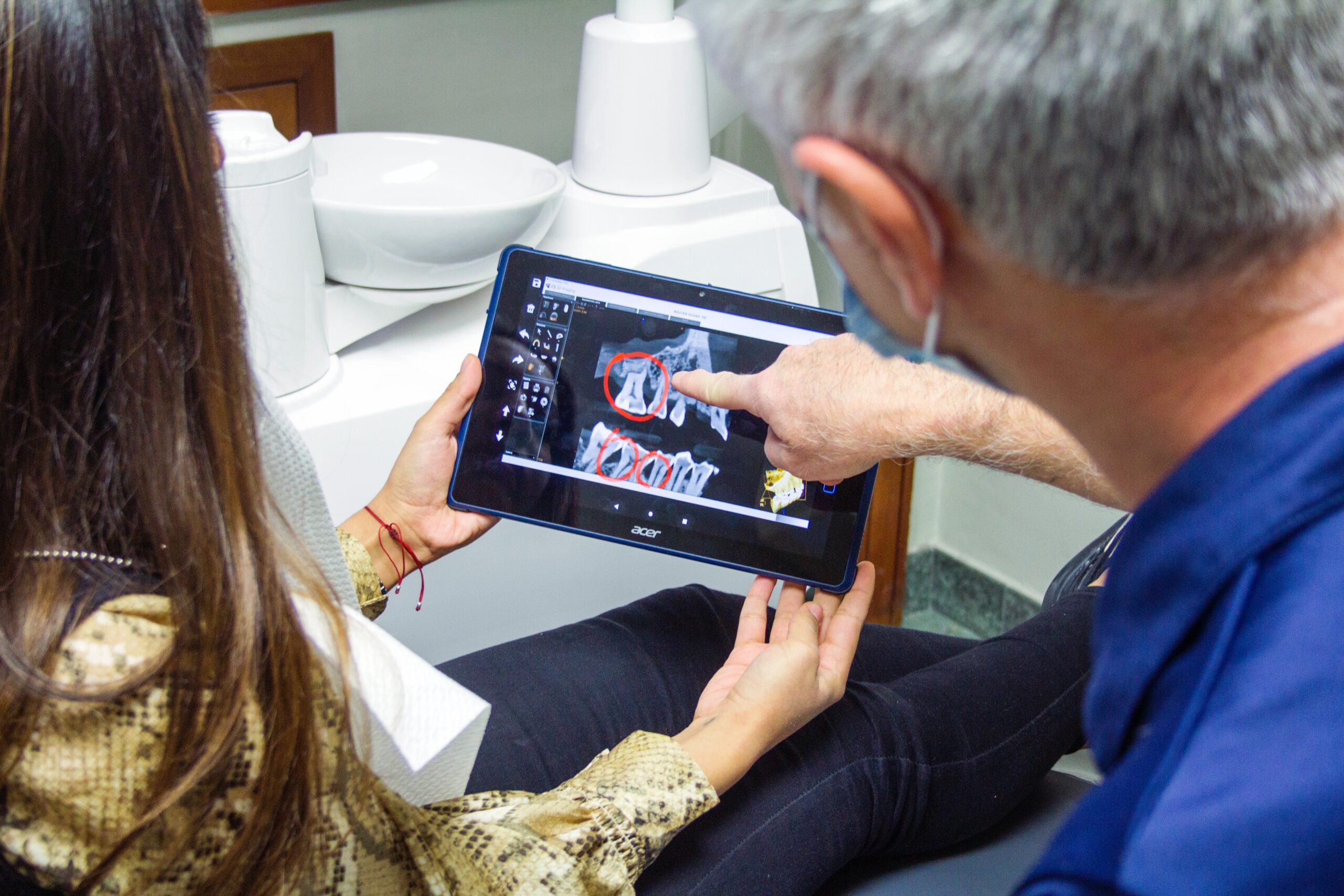Wisdom teeth removal involves the extraction of your third molars, or the four permanent teeth located in the back of the mouth in both your upper and lower jaws. These teeth often erupt between the ages of 17 and 21, and most people have all four wisdom teeth.
Sometimes, wisdom teeth do not cause any issues at all. However, sometimes they grow in at an angle or are partially impacted in the jawbone or underneath the gum tissue. This can result in a range of issues such as pain, gum disease, tooth decay, and cyst development around the teeth.
Benefits of Having Wisdom Teeth Removed
Having your wisdom teeth extracted can be very beneficial, as it can prevent dental problems in the future, including periodontal disease, tooth decay, the risk for infection, and cysts in the jawbone. If you are already experiencing discomfort due to your wisdom teeth, extraction can help to alleviate any pain almost immediately.
The Wisdom Tooth Extraction Procedure
Prior to your procedure, you may be offered nitrous oxide to help ensure that you are relaxed. We will then numb the area with an anesthetic to ensure you are comfortable. During this procedure, you may feel some pressure when the tooth is removed, but you should not feel pain. If you do feel any discomfort, we will stop the process and give you more anesthetic.
In cases where the wisdom teeth have not yet erupted through the gums, we will first make a small incision. An instrument known as an elevator will be placed next to each tooth to loosen it. Forceps will then be used to grip and remove the teeth.
For some people, their tooth’s roots are curved or anchored tightly into the socket. In these cases, we may need to cut the tooth into sections to remove it. If any incisions are needed, they will be stitched up once the tooth is fully removed.
Tooth Extraction Aftercare
Following the removal of your wisdom teeth, we will provide you with specific aftercare instructions. It is important that you follow these guidelines, especially during the first 24 hours, to ensure optimal results. These instructions will cover how to relieve pain and minimize swelling, as well as how to control any bleeding and prevent dry sockets (a dislodged blood clot).
While there may be some discomfort following a wisdom tooth extraction, you should not experience severe pain. If you do, please contact our office as soon as possible for an assessment.
How Long Does It Take to Recover from Wisdom Tooth Removal?
Recovery time may vary from person to person following wisdom tooth removal, but most people are comfortable after 3 to 4 days. You should avoid strenuous activity for at least 48 to 72 hours, and rest as much as you can for the first couple of days. Also, remember to take any medications you a prescribed such as antibiotics or pain relievers.
Schedule a Consultation
To learn more about wisdom teeth extraction in Reno, NV, please contact South Meadows Dental & Orthodontics. You can reach us by phone at (775) 413-2976 or fill out our online contact form.
